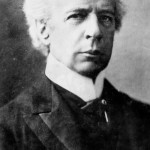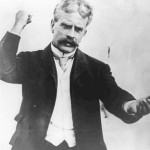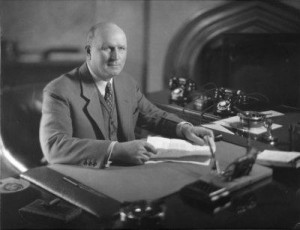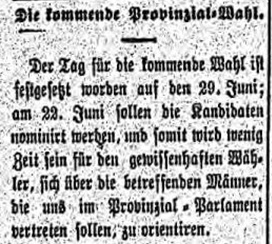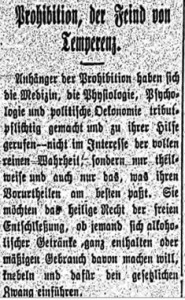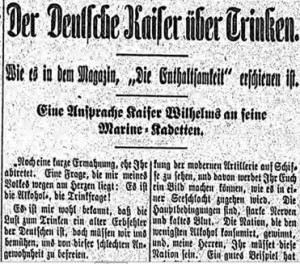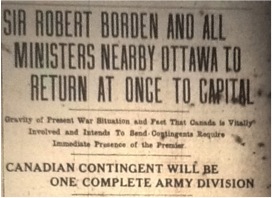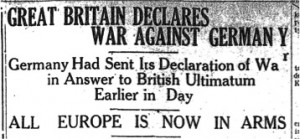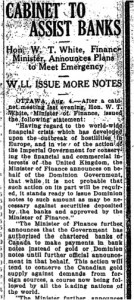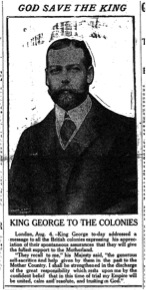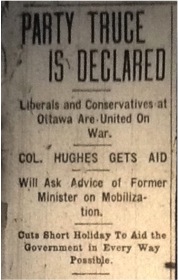In 1911, the Canadian federal election saw the end of Wilfrid Laurier’s longstanding Liberal government, which had lasted for 15 years. Liberal federal dominance ended due to the issue of free trade with the United States, and saw the election of a Conservative majority government under Robert Borden. The Liberals supported lower tariffs with the U.S., and the Conservatives used this to their advantage during the 1911 campaign, in which they portrayed the Liberals as anti-British for wanting stronger American economic ties. Liberal trade policy was also unpopular in growing manufacturing centers in Canada, including Berlin, Ontario. The Canadian manufacturing sector favoured trade tariffs due to the economic benefits they received. As a result, the 1911 election saw Canadians, who worked in the manufacturing sector, voting Conservative to protect Canadian economic interests. They voted this way to also maintain a Canadian identity unique from the United States. Not only did this demonstrate the growing influence of Canadian workers, it demonstrated budding Canadian nationalism, rooted in imperialism, and separation from the United States.
(Brown, Robert Craig, and Ramsay Cook. Canada: 1896-1921: A Nation Transformed. Toronto: McClelland and Stewart, 1974; MacKenzie, David, and Patrice Dutil. Canada 1911: The Decisive Election that Shaped the Country. Toronto: Dundurn Press, 2011.)
